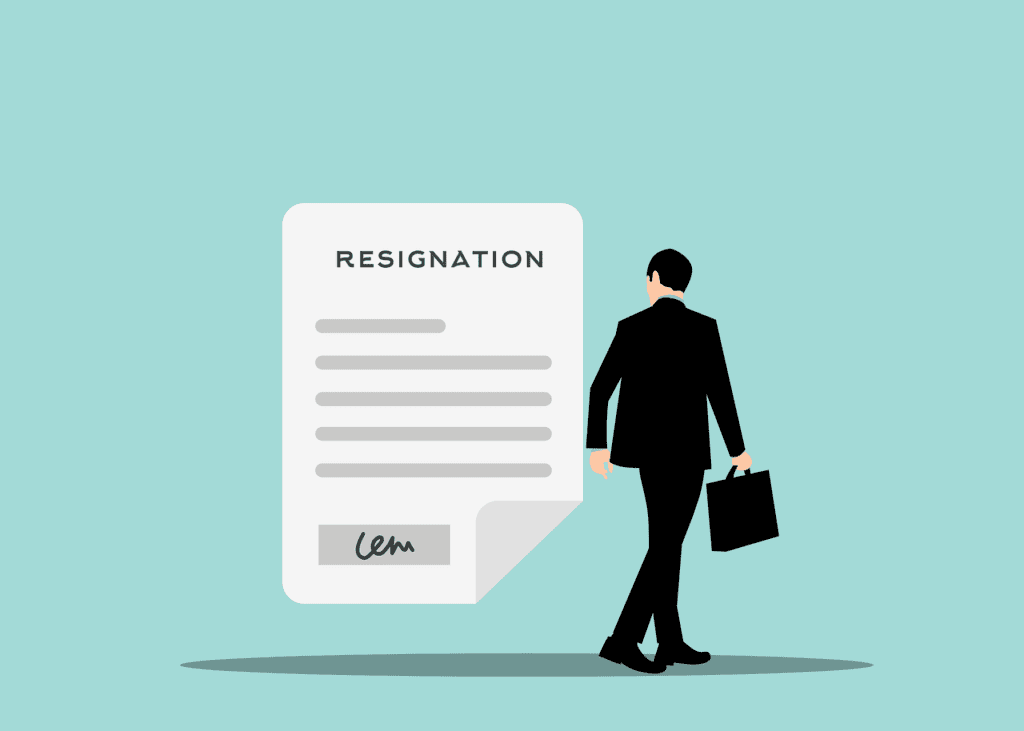Are you one of those job seekers who has been sending out resumes with no success? You are not alone. Most job seekers wonder, “Why am I not getting interviews despite doing everything right?” or why am I getting not enough interviews?
The key question is, “Are you doing everything correctly?” I’ll get to that later.
You have an impressive resume. You apply to every job posting you come across on job boards. Still, something isn’t working for you.
First, Let’s break down the job search process for you.
- You get yourself a well-formatted, keyword-rich, ATS-proof resume
- You upload your resume to the leading job portals
- You apply to every suitable job you see on job boards
- And, you wait for the interview calls
You’re desperate for results. You spent hours perfecting your resume. At the same time, looking for suitable jobs and submitting applications is no less of a headache. You send out the application assuming that the position is a good fit for your resume.
But you haven’t heard from the recruiters yet.
Don’t give up. Read on.
Let’s decode the secrets of a successful job search.
Here is a list of the top ten reasons you aren’t getting job interview calls.
- Your resume needs improvement: Every day, recruiters receive hundreds of resumes for each and every position. If you believe you have the perfect resume, think again. A perfect resume should resemble a perfect sales pitch. Your resume should be able to establish you as an exceptional candidate. Consider hiring a professional resume writer to help you write a keyword-rich job-winning resume.
- Your resume lacks the secret ingredient: Here’s the deal: employers don’t care about who you are or what you’ve done in the past. They have a problem and are looking for a solution. Your resume will be considered only if it can answer that question. Most job applicants undersell themselves on their resumes. Instead of writing about their accomplishments and skills, they simply list out the job description. You’re ruining your chances, believe me. No recruiter or employer would consider calling you for a job interview unless they believe you are an exceptional performer. A simple change to your resume can help you land that interview as well as the job. In short, your resume should be able to explain to employers why they should hire you.
- Applying for jobs unrelated to your domain: Most employers prefer candidates with similar backgrounds. It allows them to save time and money on new recruit training. I’m sure you understand the concept of domain relevance. If not, let me break it down for you. For example, applying for an accountant job at an IT firm would be a bad idea if you are an accountant from the manufacturing sector because they are clearly two different industries. They’d have different accounting functions and processes. To save on the cost of training and time, most employers prefer candidates from similar industries and avoid candidates from other industries and domains. Hence, applying and expecting an interview call from a company that is not in your industry or domain is pointless. Apply to jobs that match your industry and domain and you’ll have higher chances of getting interviews.
- The position is no longer open: Yes, there is a high probability that the employer has found the perfect match for the position and they are no longer accepting applications.
- You don’t qualify: yes, every position has certain requirements, and employers are looking for candidates with specific skill sets. If you do not meet at least 80% of the requirement, there is a high chance that you will not receive an interview call.
- You over-qualify: why surprised? Yes, being a recruiter myself I receive over 60% of applications from overqualified candidates. I’m sure you understand employers are looking to fill a position with certain responsibilities and budgetary limitations, and calling an overqualified candidate for an interview is useless for them.
- You’re not networking: Networking is a crucial part of the job search process. Many job openings are not advertised, and instead, are filled through referrals or recommendations. Make sure you’re reaching out to your network, attending industry events, and connecting with people in your field. You never know where your next opportunity might come from.
- You’re not following up: After submitting your application, it’s essential to follow up with the employer. Send a polite email a week or two after your application to check on the status of your candidacy. This shows your interest and enthusiasm for the position and can help keep your application top-of-mind for the employer.
In conclusion, not getting interviews can be disheartening, but it’s important to stay positive and keep trying. By tailoring your resume and cover letter, applying to jobs that are a good fit for you, networking, and following up with employers, you can increase your chances of landing an interview. Remember, the job search process can take time, so don’t get discouraged if you don’t get immediate results. Keep refining your approach, and you’ll eventually find the right job for you.
.



